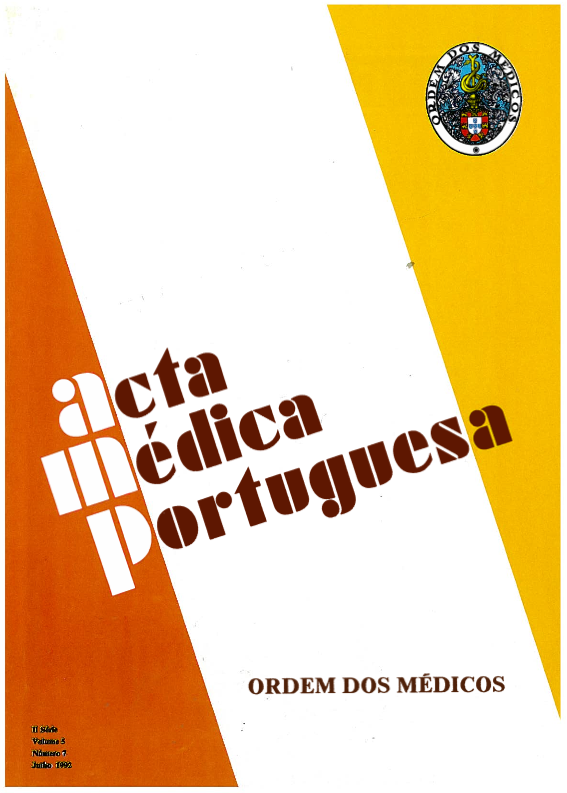Research on psychosomatic disease. Various theoretical and methodologic aspects.
DOI:
https://doi.org/10.20344/amp.3262Abstract
This article mentions ther present main lines of psychosomatic research either in what concerns the elimination of the concept of psychosomatic illness, or in what concerns its etiological understanding of the peculiar ways of therapeutic approach. We specify some methodological problems resulting from using several instruments to collect data and measure them. We analyse the theoric relevance of the constructs: depressive equivalents and, specially, the alexithymia one. Starting from the consensual phenomonological description of this construct, we explain its psychodynamic understanding, its neurophysiologic basis and sociocultural determination. We question the relationship between alexithymia and psychosomatic illness. We point out the pertinency of its utilization as a risk or maintainance factor and the possibility of its modelling by ambiance factors. We clarify the main heuristic contributions of this construct to psychosomatic investigation and we analyse, critically and concisely, the validity and fidelity of some instruments of measure built to measure it. It is necessary to pay prior attention to psychosomatic investigation in the health area. We propose lines of investigation to be developed in our country that should have a multidisciplinary perspective.Downloads
Downloads
How to Cite
Issue
Section
License
All the articles published in the AMP are open access and comply with the requirements of funding agencies or academic institutions. The AMP is governed by the terms of the Creative Commons ‘Attribution – Non-Commercial Use - (CC-BY-NC)’ license, regarding the use by third parties.
It is the author’s responsibility to obtain approval for the reproduction of figures, tables, etc. from other publications.
Upon acceptance of an article for publication, the authors will be asked to complete the ICMJE “Copyright Liability and Copyright Sharing Statement “(http://www.actamedicaportuguesa.com/info/AMP-NormasPublicacao.pdf) and the “Declaration of Potential Conflicts of Interest” (http:// www.icmje.org/conflicts-of-interest). An e-mail will be sent to the corresponding author to acknowledge receipt of the manuscript.
After publication, the authors are authorised to make their articles available in repositories of their institutions of origin, as long as they always mention where they were published and according to the Creative Commons license.









